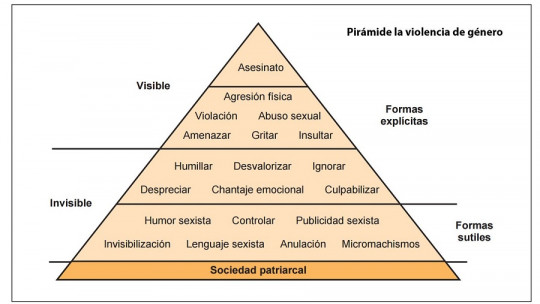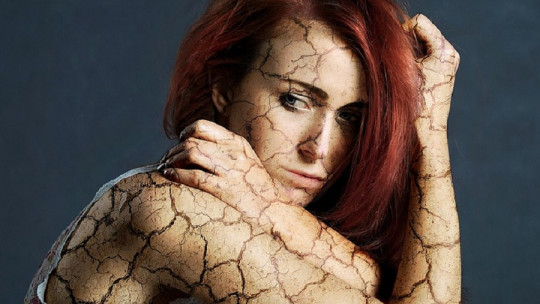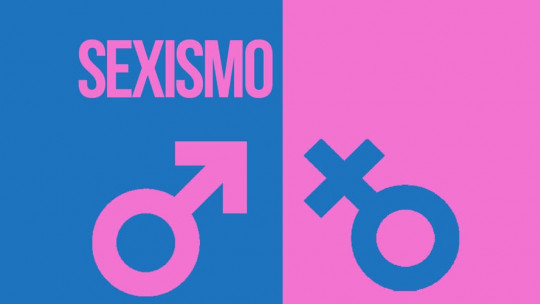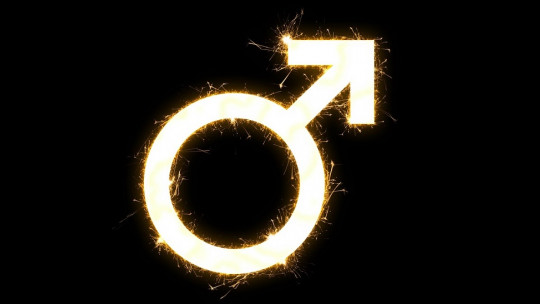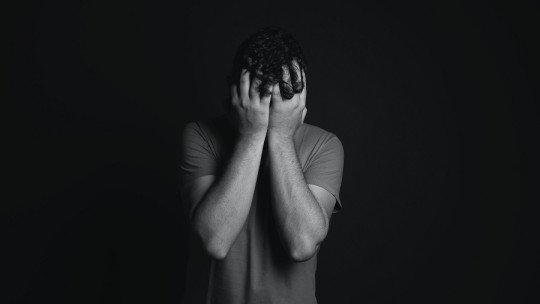
Fortunately, gender violence is an issue that in recent years has begun to be treated as a public health problem. In many countries around the world, intervention programs have been developed and applied with the purpose of reducing the serious consequences of this structural problem of inequality between men and women.
Despite the notable advances, it is always important to highlight that there is still arduous research and education work on the subject. At the same time, it is also true that there are other phenomena linked to violence – specifically, violence within the couple – that have not been studied at a scientific level with such rigor and that, therefore, the measures adopted to prevent them are scarce.
On the other hand, many sectors of society still do not consider some of these phenomena to be of such magnitude or discredit them. Such is the case of violence against men within relationships. With the purpose of contributing to the presentation of information in this regard, in this article We will see what are the consequences of abuse in men in relationships and how stigmatization contributes to perpetuating this problem
Violence towards men: what is it and what forms does it take?
In recent decades, a term that has been exhausted in the scientific field is intimate partner violence. According to the World Health Organization (WHO), this type of violence consists of any behavior in intimate relationships, current but also from the past, that causes some type of physical, psychological or sexual harm in one of the members of the dyad, whatever your gender.
Research on the topic indicates that, due to the replication in our sexual-affective bonds of the patriarchal sociocultural system that persists, the asymmetrical power relationship between men and women causes violence towards the latter to be more frequent, which does not make it any less problematic. Violence perpetrated by men against women is therefore called gender violence and not vice versa.
However, according to the review carried out by Rojas-Solís and collaborators, there is evidence in favor of both members of a couple have the potential to exert some type of violence towards the other person and that men can also play the role of victims.
Men who are abused by their partners show a serious deterioration in their well-being. They experience severe psychological symptoms, such as high levels of anxiety and depressed mood. Additionally, some studies have found that battered men are more likely to suffer from certain mental health disorders, such as post-traumatic stress disorder (PTSD) and depression. At the same time, violence towards men by their partners was found to be related to a tendency towards suicidal ideation.
The great problem of violence against men: social stigma
Just as happens with violence against women, male abuse is based on the archaic values that still prevail intricately in our society. Gender stereotypes associated with what “being a man” and masculinity are supposed to mean are riddled with words like force, can, logic either coldness, which could be harmful to those people who do not fit the stereotype. In other words, Any man whose personality falls outside that canon of “masculine” is more likely to be rejected by society than the one who meets those characteristics
The problem lies when, as a result of these social values, the difficulties suffered by men abused by their partners are invalidated by other people who could be aware of the situation – family, friends; but also, unfortunately, by the agents whose role is to intervene if necessary—state and private services, professionals, security forces, etc. It is common to hear that abused men express that a serious problem like theirs is dismissed and in some cases trivialized so they are not taken seriously when trying to access a support service.
Furthermore, on many occasions abused men have internalized the social roles assigned to them, believing that they should endure the insults that come from their partners or their attacks because “that is what a father should be able to endure.” Also, many believe that they should not suffer or express the psychological consequences of abuse because “men don’t cry,” significantly increasing the discomfort they suffer due to abuse.
Intervention and assistance aimed at abused men
Therefore, it is essential to have more scientific knowledge about the subject, especially located in knowing the experiences of abused men in Spanish-speaking countries, since not much research has been carried out on the matter compared to the English-speaking world. This will make it possible to highlight the particularities of male victims of violence in these contexts and, consequently, shed light on their suffering, reduce the stigma they carry and develop new forms of intervention.
Although in countries such as Canada, the United Kingdom and the United States, shelter centers have been implemented to protect male victims of violence, where they are provided in-person or virtual support to move forward, in most countries in the world the support for this population is limited and the dimension of the problem is minimized.
However, we must recognize that today Free intervention programs are beginning to be developed to help men stigmatized by abuse For this reason, it is crucial to emphasize that many municipalities, provinces and countries have telephone lines or offices dedicated to the containment of men being abused by their partners, so, if you are suffering this type of violence, it will be helpful to contact with any of these services. If they are not available, there is always the possibility of being accompanied by a mental health professional within the framework of a psychotherapeutic process or at the nearest health center.
Are you looking for professional psychological help for victims of abuse?
As we have seen, the dynamics of abuse have a social dimension and an individual dimension. To know how to address them by facing and overcoming the trauma of having been a victim of these attacks, it may be necessary to go to psychotherapy.
If this is your case, contact me; I will be happy to offer you my therapy services online.




